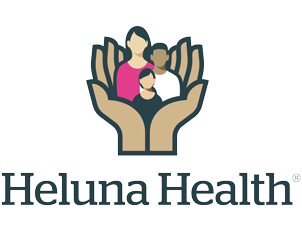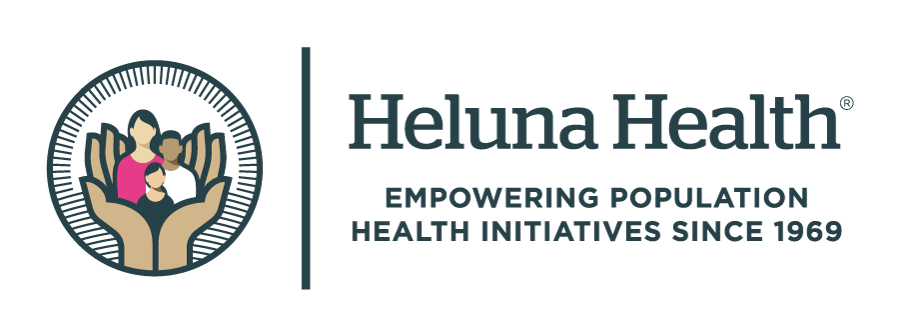If you’ve ever given birth or witnessed one, then you know that a positive experience depends upon numerous factors, not least of which is the care provided by the medical professionals assisting in the birth. In hospital settings, where more than 98% of women give birth, that can be especially problematic for Black women, who are three times more likely to die during pregnancy than White women and are significantly more likely to have Cesarean deliveries than other women. Those disparities are largely attributed to the structural racism and implicit bias in hospitals.
The inadequate treatment that Black pregnant women and other pregnant people of color have faced in hospitals has focused attention on programs that support community-based doulas: non-clinical professionals who provide guidance and support to pregnant women during the birthing process and are members of the communities they serve. While doulas cannot provide medical care or advice, they help mothers during labor by offering emotional and other support.
In recent years, Heluna Health has partnered with three programs that provide doulas and/or doula training to members of Black, Latinx, and Pacific Islander communities, including San Francisco-based Expecting Justice and SisterWeb, and Happy Mama Healthy Baby Alliance (HMHBA) in Los Angeles. Through Heluna Health, SisterWeb and HMHBA are able to offer their doulas full-time employment, retirement benefits, and health care. While SisterWeb does not charge for its doula services, HMHBA’s services are offered on a sliding scale, though no one is turned away for inability to pay. Expecting Justice offers free doula training programs and offers trainees and new doulas in its Workforce Development Program a barrier-removal stipend.
Besides coaching during labor, doulas provide families with childbirth and nutrition education, help clients advocate for themselves and communicate with more confidence with their providers, and provide lactation and other support postpartum. According to many studies, the benefits of doula care include decreased maternal stress, lower rates of cesarean sections, lower odds of postpartum depression or anxiety, and improved trust with the birthing process.
Vanessa Castro, Doula Program Coordinator with SisterWeb and a former doula, says she sees herself as a resource for her birthing clients. “Childbirth can be overwhelming,” she says. “There are so many providers coming in and out of the room,” and if no one in the family speaks English, it can be even more intimidating. “Even if you do speak English, it’s important to have someone advocating for you. Providers are so impacted, it’s hard for them to get into the nitty gritty of each patient. We as doulas have more flexibility and can get into deeper conversations with clients. We can demystify the process.”
For more on Heluna Health’s partnership with doula programs, please see the spotlight stories in our recent Health Equity Impact Report.





